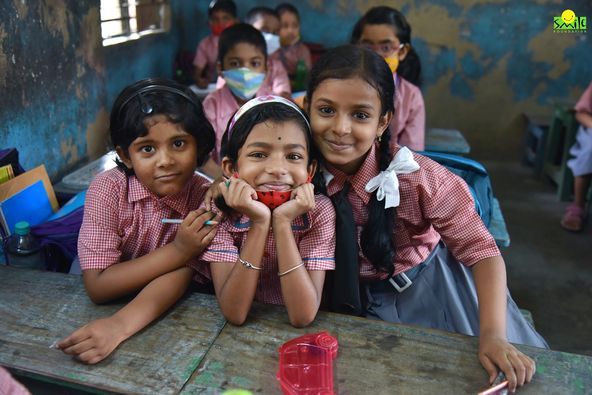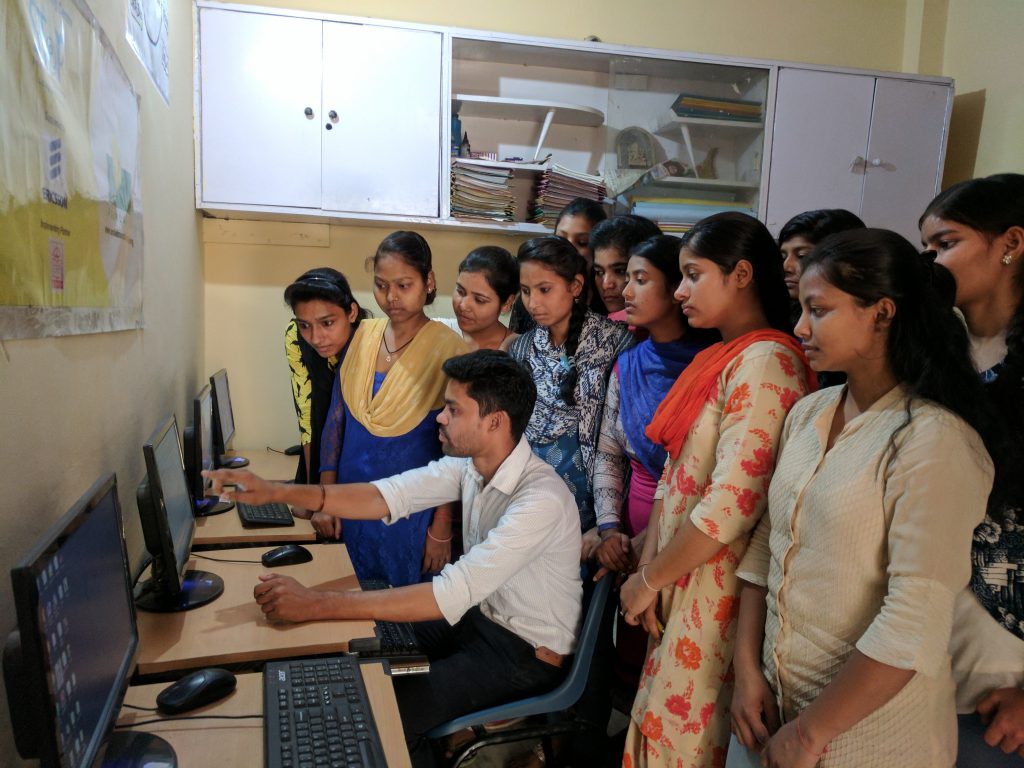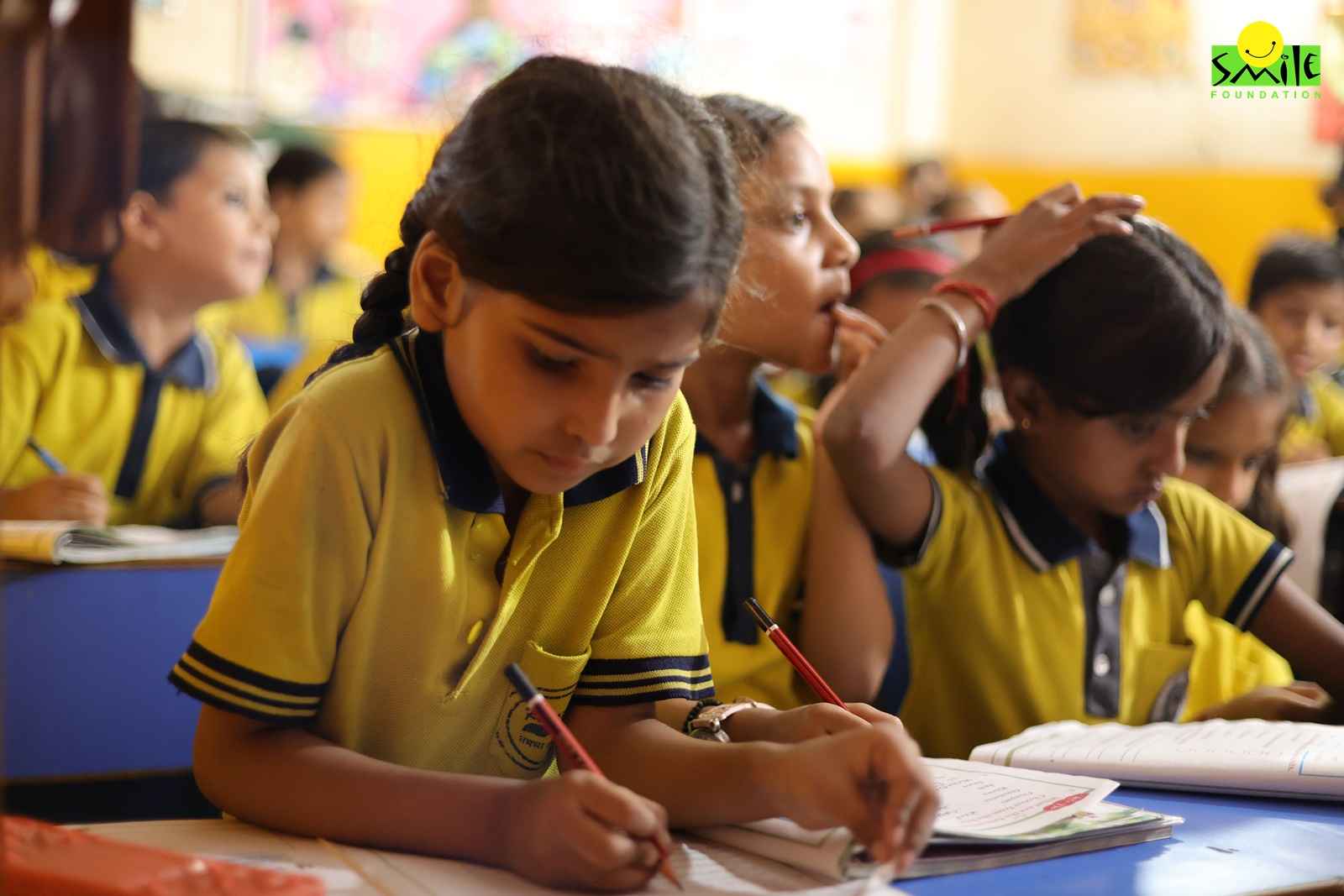Divergence in viewpoints is a common aspect of human relationships, extending to familial bonds. When these differences intensify, evolving into active opposition, the resulting scenario is identified as Family Conflict. Such conflicts can manifest in various forms, including verbal, physical, sexual, financial, or psychological, giving rise to detrimental outcomes such as unhealthy behaviors, compromised attachment styles, and challenges in interpersonal relationships. While it’s typical for families to engage in bickering, cold-shouldering, or eye-rolling, the potential repercussions on children’s mental health are profound, encompassing issues like depression, anxiety, disrupted sleep, and aggressive behavior.
The repercussions of frequent and intense parental conflict extend beyond the immediate dispute, influencing the sense of safety and security in children. This, in turn, impacts their relationships not only with their parents but also with peers and other significant individuals. Children exposed to prolonged parental conflict are prone to developing unhealthy peer connections, experiencing academic underachievement, grappling with low self-esteem, and encountering both physical and mental health issues, such as depression, anxiety, and violent behavior in interpersonal relationships.
Research findings shed light on the prevalence and impact of parental discord on the well-being of children. In households where children cohabit with both parents, over 10% of them have at least one parent reporting relationship distress. Additionally, families facing unemployment exhibit a higher likelihood of parental conflict compared to those with both parents employed. The strategies parents employ to navigate their differences play a pivotal role in determining the mental health outcomes for their children. Instances, where couples resort to insults, verbal anger, or non-verbal expressions rather than cooperative problem-solving, can lead to unresolved tensions, negatively affecting the mental health of children over time.
The chronic nature of unresolved conflicts compounds their detrimental effects, eroding relationships and leaving lasting scars on children’s mental well-being. Children become hypersensitive, vigilant, and attuned to signs of impending conflict, even behind closed doors. They are acutely aware of parental disputes, impacting their emotional security and the essential emotional ties crucial for their survival. The inability to halt their parents’ conflicts may lead to feelings of failure and subsequent depression in children.
The phenomenon of “compensatory” spillover occurs when a parent seeks consolation from a child, placing undue pressure on the youngster to compensate for the lack of fulfillment in the parental relationship. Constructive conflict resolution strategies employed by parents, on the other hand, contribute positively to children’s mental health. Calm discussions, collaborative problem-solving, gentle physical gestures, and even humor can have a buffering effect, creating a sense of safety and security within the family.
Surprisingly, the impact of parental relationships persists even after children have transitioned into adulthood and left the family home. Adult children may unconsciously mimic the interpersonal styles of their parents, potentially exacerbating the effects on their own mental health and well-being. Interventions aimed at fostering healthier parenting practices and addressing parents’ mental health concerns have shown promise in mitigating the adverse effects of interparental conflict on children.
Moreover, the significance of children’s relationships with peers, other adults, or siblings serves as a protective factor against the detrimental consequences of interparental conflict. These additional relationships can provide emotional support and a sense of security, mitigating the potential long-term effects of family discord.
In conclusion, family conflict, when left unaddressed, can have profound and lasting impacts on the mental health of children. Recognizing the signs, understanding the potential consequences, and adopting constructive conflict resolution strategies are crucial steps in safeguarding the well-being of the younger generation within the family unit. Parents play a pivotal role in shaping the emotional landscape of their children, and fostering healthy relationships can have far-reaching positive effects that extend well into adulthood.
Smile Foundation places the needs of children at the heart of all its programs by adopting a holistic and comprehensive approach. We ensure that every initiative, whether focused on education, healthcare, or socio-economic empowerment, revolves around the well-being and development of children. This child-centric philosophy not only reflects a deep understanding of the multifaceted challenges faced by young minds but also underscores the organization’s determination to create positive, lasting impacts on their lives.









